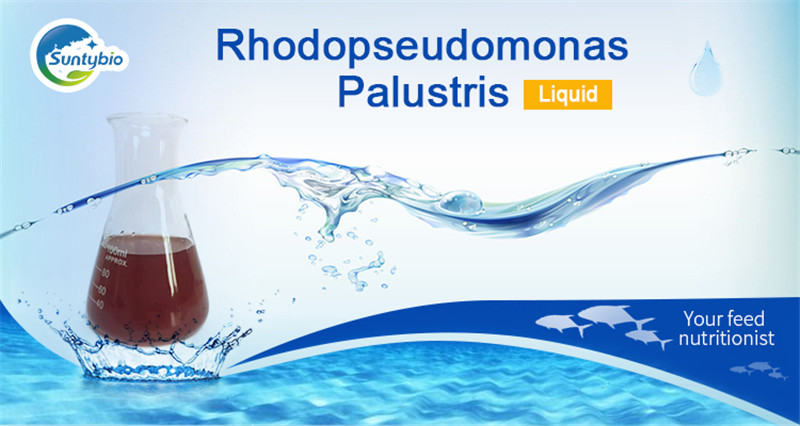Utilization of Photosynthetic Bacteria in Aquaculture

The use of natural sustainable alternatives to improve the efficiency and productivity of aquaculture, while simultaneously reducing its environmental impact, has been increasingly explored. One such alternative lies in the use of photosynthetic bacteria (PSB).
Photosynthetic bacteria are organisms that carry out photosynthesis, the process of converting light energy, typically from the sun, into chemical energy. These bacteria can sustain themselves by producing their own food from carbon dioxide, water, and sunlight. This capability makes them an interesting subject of study for their potential applications in aquaculture.
In the field of aquaculture, photosynthetic bacteria have displayed considerable promise. They are capable of promoting the growth of aquatic species, improving water quality, enhancing immune response, and assisting in waste control by contributing to the breakdown of organic matter and reducing harmful substances.
The utilization of photosynthetic bacteria contributes significantly towards growth promotion. These bacteria produce a variety of nutrients such as vitamins, amino acids, and bioactive substances. Consequently, they serve as a nutrient-rich food source for aquatic organisms, leading to their enhanced growth and development.
In addition, the role of photosynthetic bacteria in improving water quality cannot be understated. They reduce aquatic pollution by decomposing organic matter and harmful substances. Through their photosynthetic activity, they convert harmful substances to harmless ones and restore nutrients like nitrogen and phosphorus back into the ecosystem.
aquatic organisms are exposed to various pathogens, leading to diseases that can decimate aquatic populations. However, the use of photosynthetic bacteria can enhance the immune response of these organisms. These bacteria stimulate the production of antibodies and activation of immune cells, which effectively boosts the defensive capabilities of aquatic species.
Furthermore, by aiding in the decomposition of organic waste materials, photosynthetic bacteria serve as agents of waste control. Organic wastes in the aquaculture environment can harm aquatic species and decrease productivity. The photosynthetic bacteria breakdown these waste materials and convert them into less harmful substances, thus improving the overall health of the aquaculture system.
While there are numerous benefits to the use of photosynthetic bacteria, it is still necessary to carry out extensive research in the application, dosage, and type of bacteria suitable for different aquaculture systems. If utilized efficiently and sustainably, photosynthetic bacteria could potentially revolutionize aquaculture, making it more productive and environment-friendly.
In conclusion, the incorporation of photosynthetic bacteria in aquaculture presents a wealth of potential benefits. It holds the promise of optimizing productivity, improving water quality, enhancing immunity, and reducing waste in our increasingly important aquaculture industry. With further research, this natural solution could present a significant stride towards sustainable and successful aquaculture.

Phone: +86-317-2135910
E-mail: Erica@stbiol.com
Address: Machang Town,Qing County ,Cangzhou City ,Hebei,China
Hebei Shuntian biotechnology Co.,Ltd.
Add:Machang Town,Qing County ,Cangzhou City ,Hebei,China
Tel: +86-317-2135910
E-mail:Erica@stbiol.com
© Copyright - 2018-2020 : All Rights Reserved.